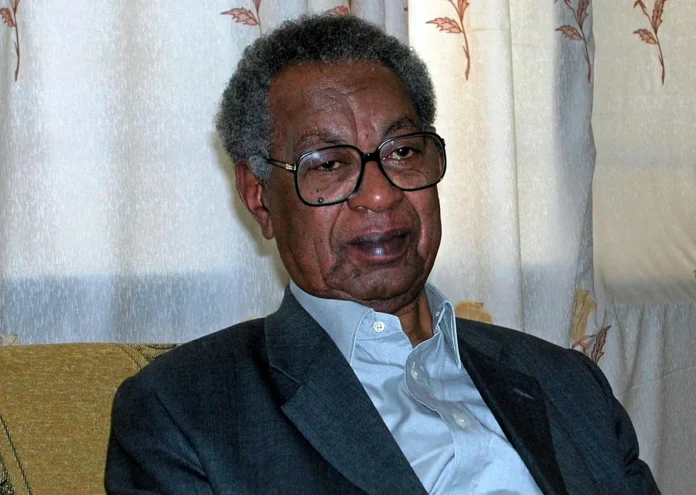In a landmark article published in Al Majalla in 1991, renowned Sudanese writer Tayeb Salih delivered one of the most piercing critiques of Sudan’s political and cultural trajectory. He opened with the now-legendary question, “Where did these people come from? Have they no mothers who raised them? Don’t they love this country as we do?”—a line that captured his dismay over the loss of a Sudan once known for dignity, beauty, and solidarity. Observing the fading spirit of Khartoum, he wrote, “Khartoum, once a beautiful city, is now like a child being forced to sleep. There is no joy left in people’s hearts. Security is stable, like in the grave.” These reflections transcended political commentary, revealing the soul of a writer deeply tied to his homeland. Despite global literary acclaim, Salih remained anchored to Sudanese identity, once stating, “I carry Sudan within me. This is the original, infinite pain. Sudan could have been a better image of itself.” This emotional and cultural bond permeated all his work, as did his deep concern for the nation’s social decline. Critiquing the decay of values and institutions, he observed, “They talk so much about Islam—mosques multiply while faith weakens; schools increase while ignorance spreads,” and further challenged the state’s priorities: “Let them first build real schools, then discuss unifying the curriculum. Don’t we pay taxes? Don’t we have a right to our own country?” With literary elegance and civic urgency, Salih called for sincere reform and meaningful leadership. His voice remains one of Sudan’s most respected, not for romanticizing the nation, but for holding it accountable with enduring love. He famously asked, “Is the sky still clear above Sudan or have they obscured it with lies?” In mourning what was lost, Tayeb Salih never let go of what could still be found. Through literature and truth, he gave Sudan both a mirror—and a compass.
Tayeb Salih and Sudan: A Voice of Pain, Love, and Unshaken Patriotism
RELATED ARTICLES




